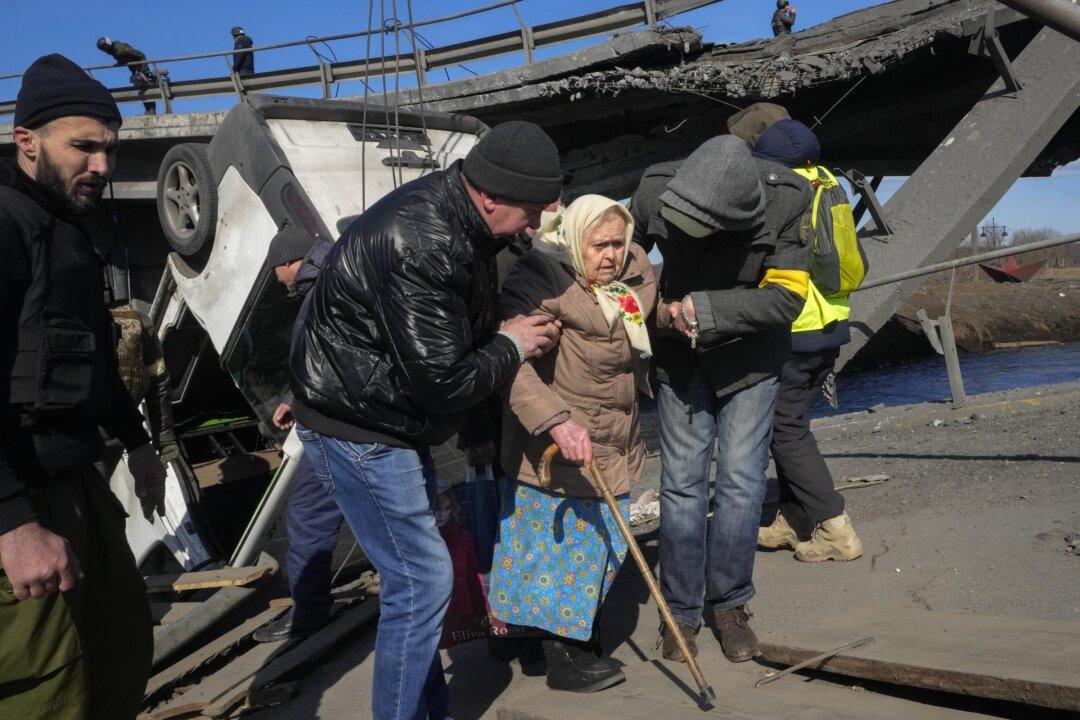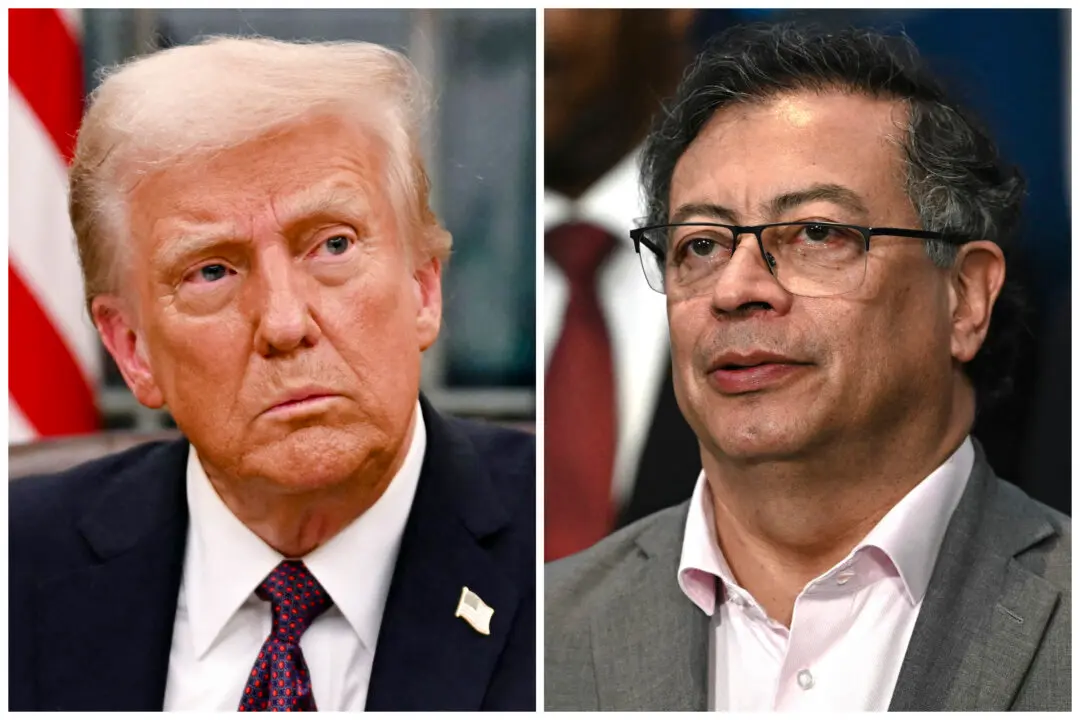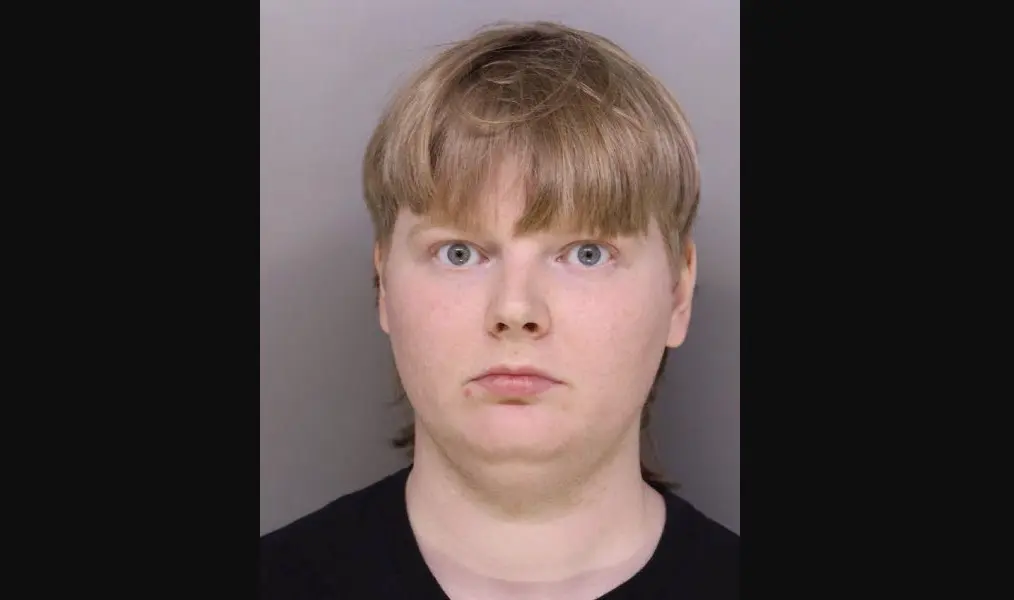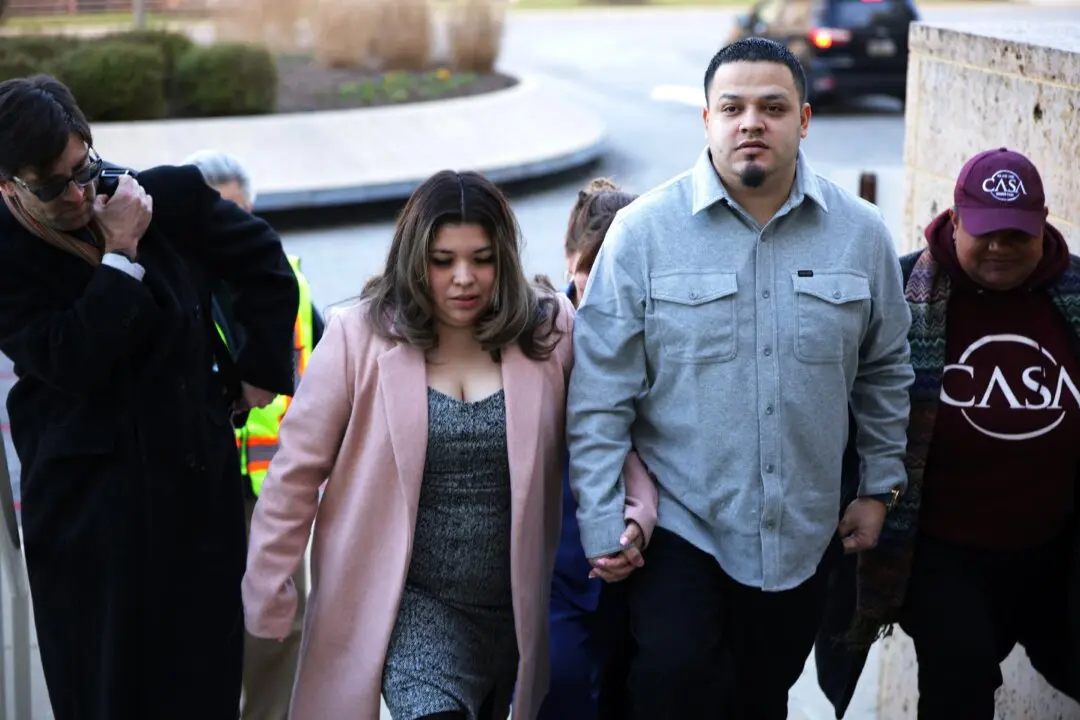Analysts are observing how well informed Russian President Vladimir Putin is of the real situation in Ukraine, over concerns that he could be making decisions in the war without accurate updates as information filters through the ranks, said Odessa-based Volodymyr Dubovyk, an associate professor with the Center for International Studies at Ukraine’s Mechnikov National University.
“He might really think that Russians are winning, having an upper hand in Ukraine,” Dubovyk said of Putin’s view of the conflict from Moscow.






